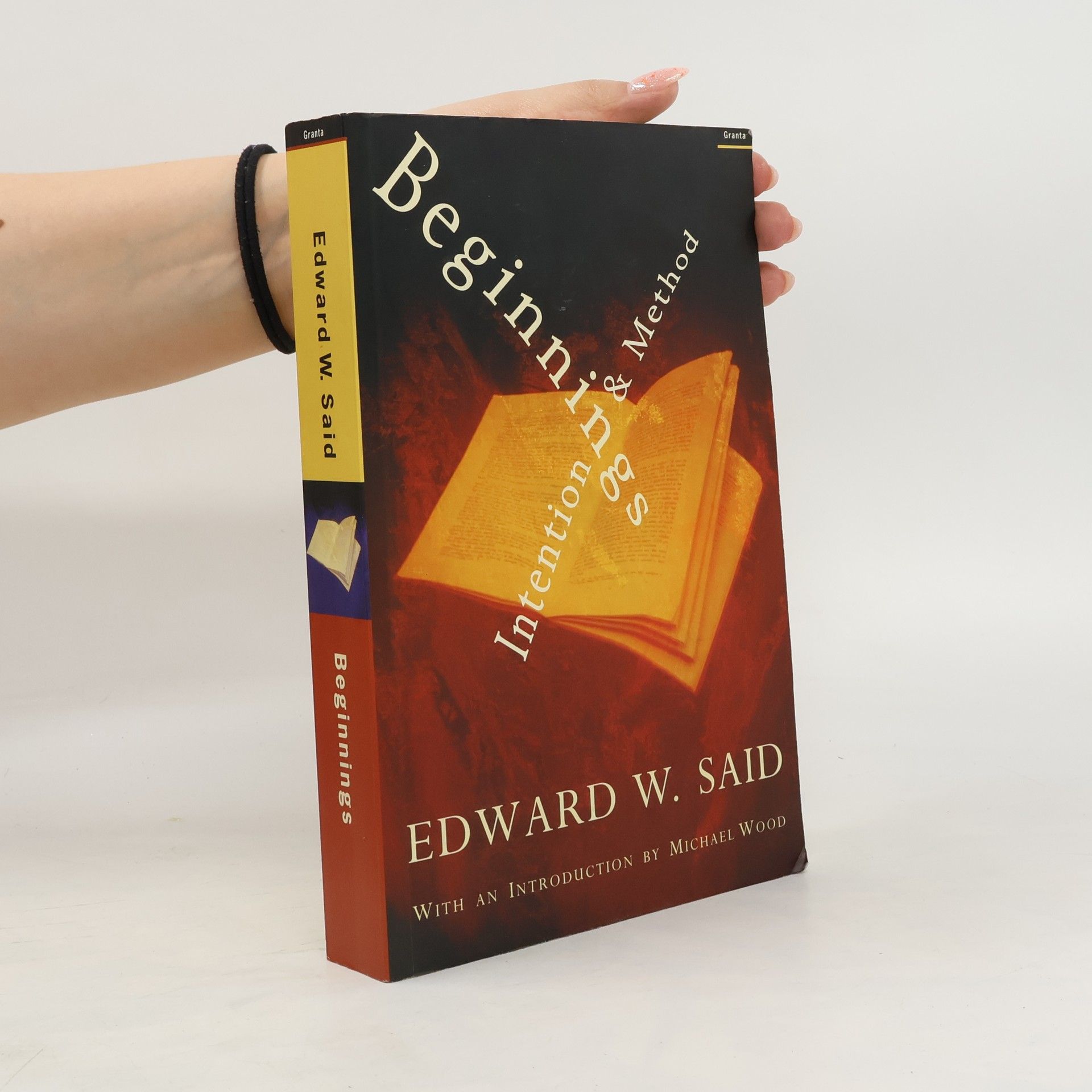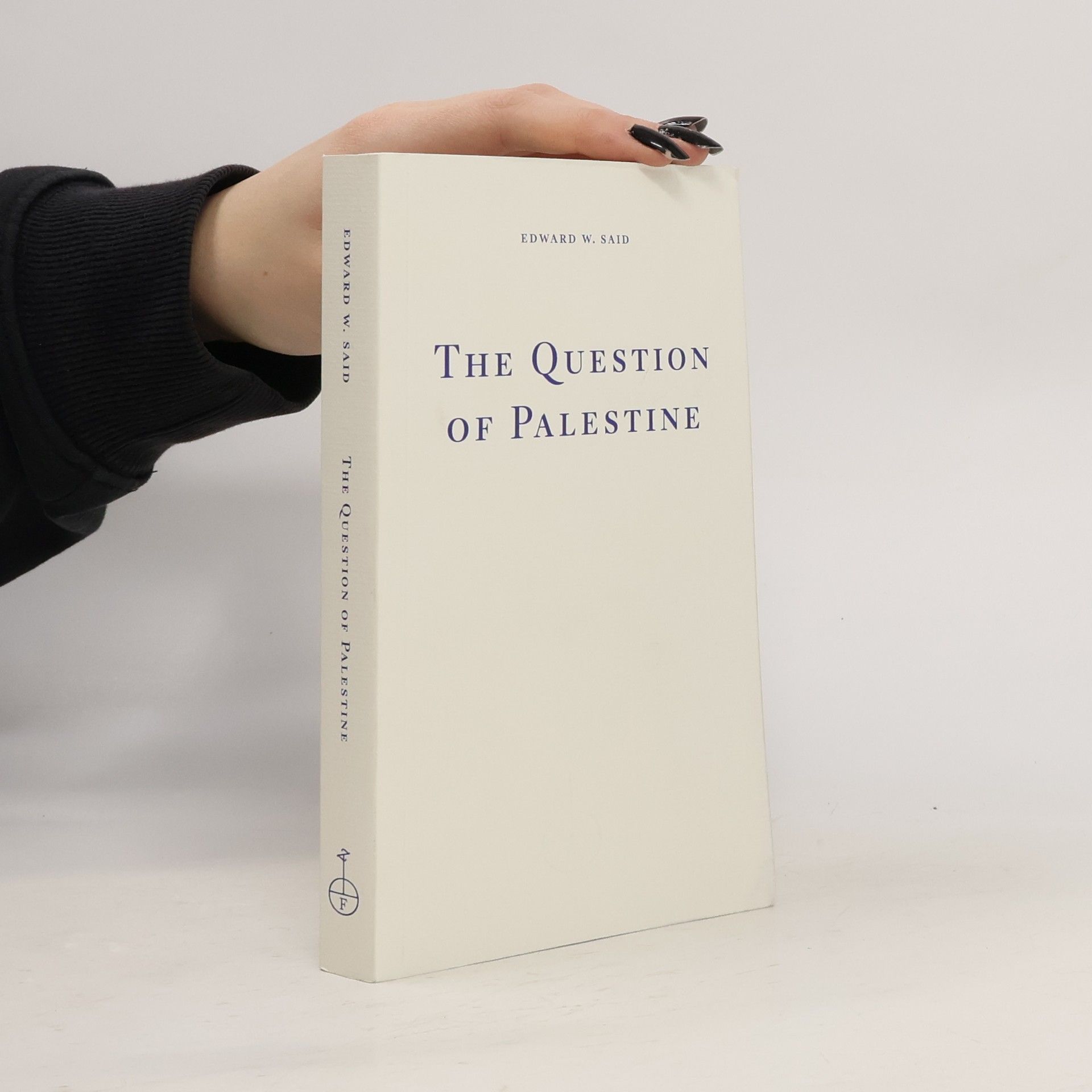Dnes již klasické dílo amerického literárního historika a komparatisty palestinského původu o přístupu Západu ke kulturní a politické realitě Orientu a způsobu, jímž byly východní kultury během staleté nadvlády Evropanů přijímány a vykládány v opozici proti normě dané civilizací západní. Takový, do značné míry z pozice moci vycházející přístup, argumentuje autor, dodnes dominuje západnímu pohledu na oblast Východu, zabraňuje pochopení jeho reálné podoby a napomáhá přetrvávání osudové propasti mezi oběma částmi světa. Saidovo živě napsané a vysoce hodnocené dílo je již léta jedním ze základních titulů v oblasti politických a kulturních studií.
Edward Said Knihy
Edward Said byl profesorem literatury, veřejným intelektuálem a zakladatelem postkoloniálních studií. Svým dílem propojoval západní a východní perspektivy a kriticky analyzoval kulturní reprezentace a politické vztahy mezi Východem a Západem. Jeho metoda textové analýzy zásadně ovlivnila literární teorii a studia Blízkého východu. Said se zasazoval o rovnoprávnost a právo Palestinců na návrat do své vlasti, přičemž zdůrazňoval úlohu intelektuála jako kritického hlasu ve společnosti.

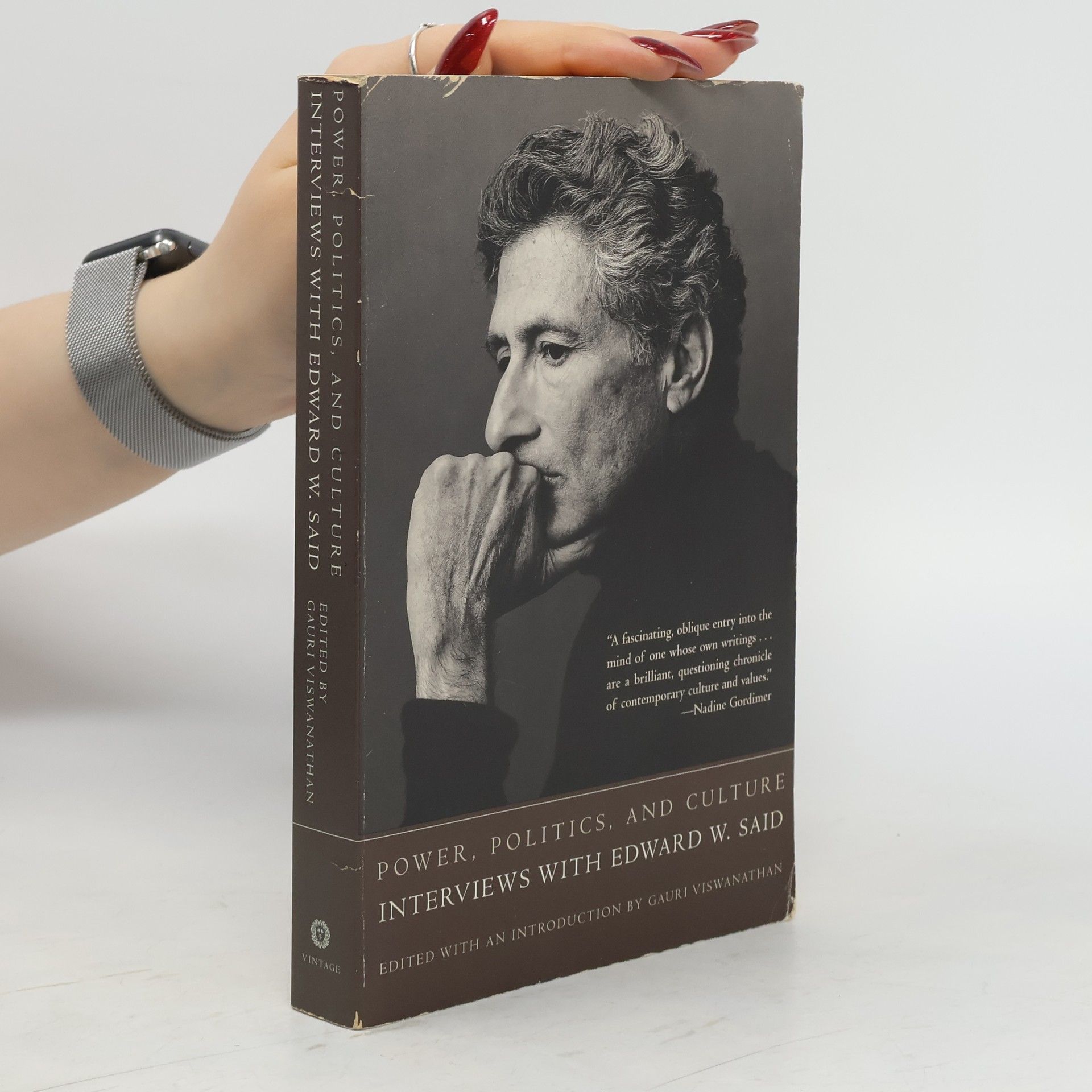
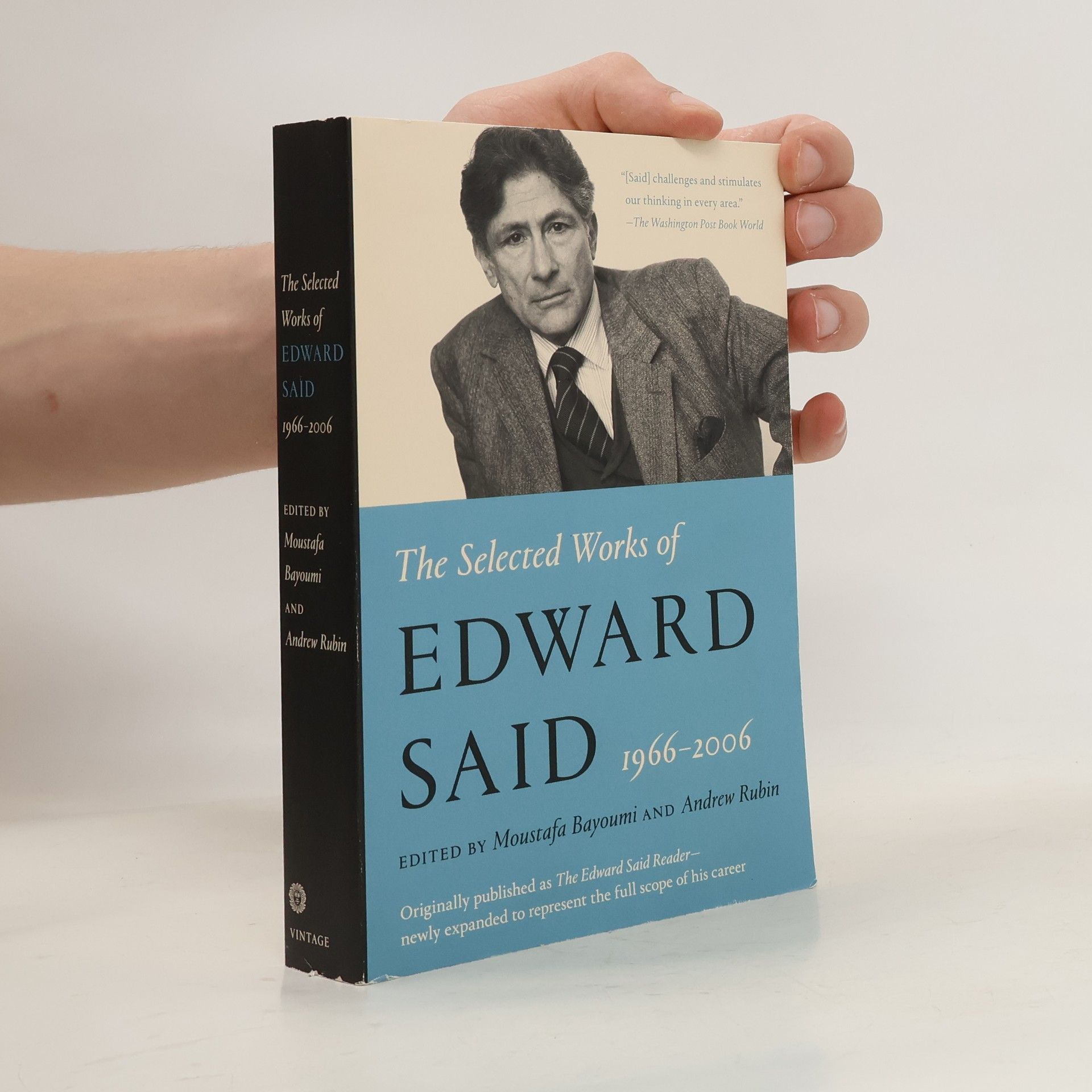

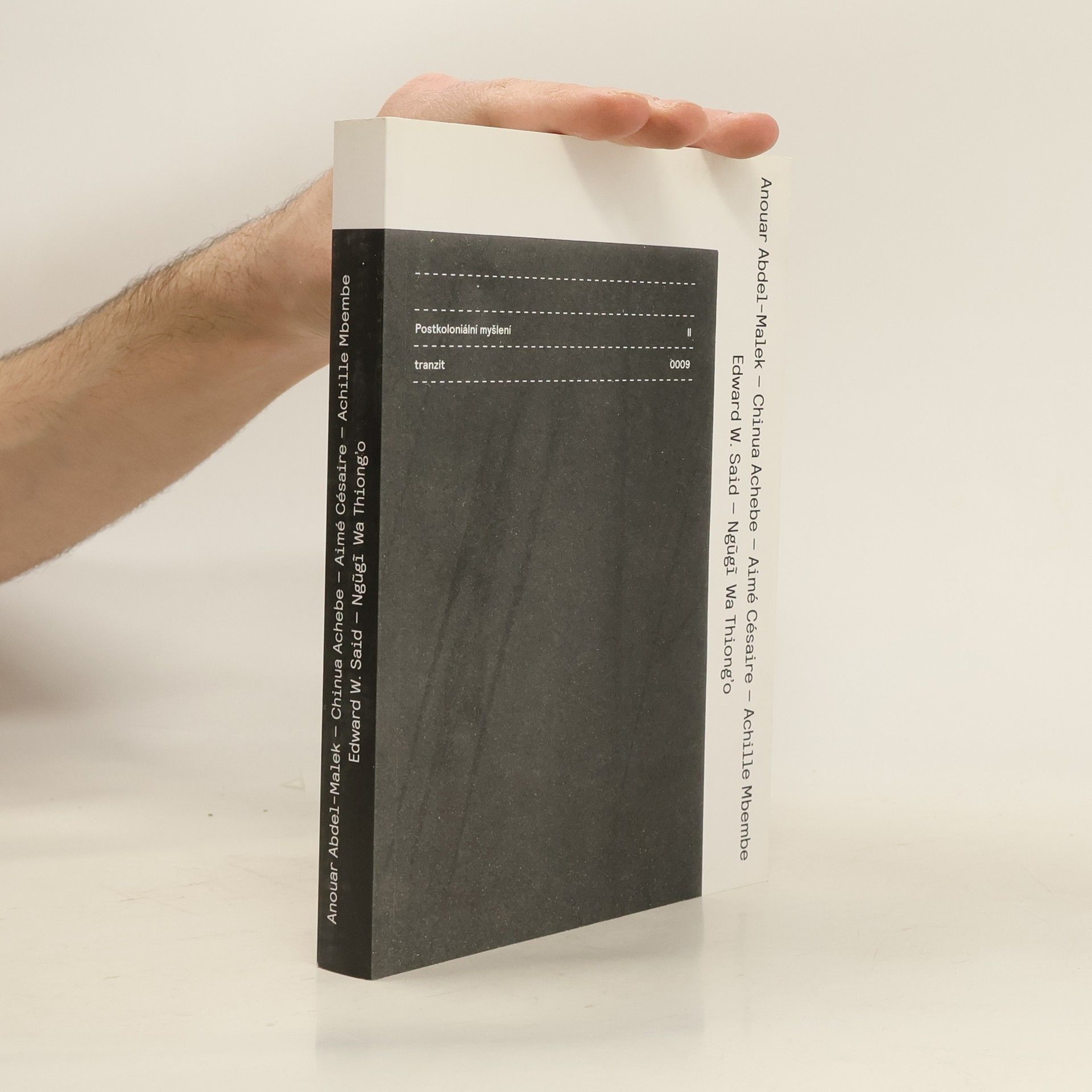
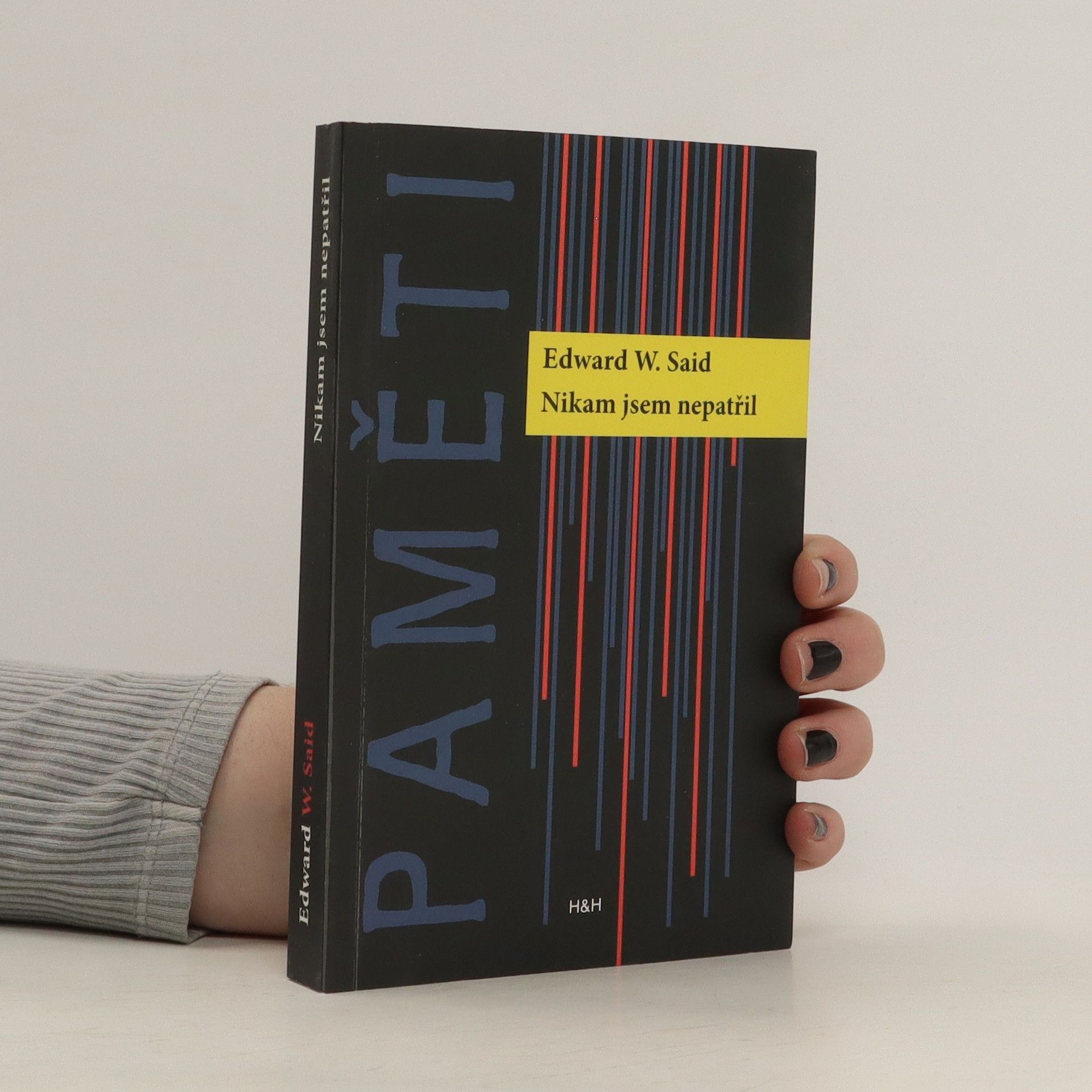

Nikam jsem nepatřil
- 344 stránek
- 13 hodin čtení
Vzpomínky Edwarda Saida politologa, historika, novináře a spisovatele (1. 11. 1935 Jeruzalém – 25. 9. 2003 New York) popisují dětství a mládí v mezitím zmizelém arabském světě. S autentickým pocitem osamělosti a vyřazenosti líčí, jak navštěvoval britské a americké školy v Káhiře, kde byl Edward, Arab narozený v palestinském Jeruzalému spolužáky vnímán jako cizinec, a nedokázal mezi ně zapadnout. Frustrace a vnitřní nejistota jsou Saidovy dominantní pocity, které ho provázejí nejen při pobytu v Jeruzalémě, Káhiře, New Yorku a palestinském Dhúru, ale i v značně uzavřené rodině. Tam vládne patriarchální otec a emocionálně nevyrovnaná matka a rodiče nevědomky ambivalentní vztahy uvnitř rodiny i mezi Edwardem a vnějším světem ještě umocňují. Saidovo povědomí vyloučenosti a nepatřičnosti má však svůj zdroj zejména v jinakosti, způsobené jeho příslušností k palestinskému etniku a v pocitu historické křivdy spáchané na Palestincích.
Postkoloniální myšlení II
- 259 stránek
- 10 hodin čtení
Druhý díl série Postkoloniální myšlení I–IV, navazující na překlad knihy Frantze Fanona, se zaměřuje na historické východisko postkoloniálního myšlení jako emancipačního programu druhé vlny dekolonizace. Tento proces, probíhající v Asii a Africe od konce druhé světové války do poloviny sedmdesátých let, byl na Západě vnímán jako rozklad evropských imperiálních říší. Autoři v knize vyjadřují perspektivu osvobození od koloniální nadvlády a systémů útlaku. Klíčovou otázkou je postkoloniální identita a konstrukce nové politiky identity: bude vycházet z národního esencialismu, nebo z konstruktivistického pohledu na národ jako myšlené společenství? Tyto nekompatibilní koncepce reflektují problémy, které se objevují i v kontextu postsocialistické transformace po roce 1989. Publikace zahrnuje klasické texty, které definují témata univerzality, diference, rezistence a jazyka jako struktury moci. Specifikum výběru spočívá v dvou místních aspektech pohledu na postkoloniální situaci: roli autora a dědictví totalitního režimu, které formovalo stereotypy ideologií.
Culture and Resistance
- 224 stránek
- 8 hodin čtení
The book, originally published in 2003, explores themes of social justice and activism, presenting a critical analysis of contemporary issues. It delves into the historical context of movements for change, offering insights into the struggles and triumphs of marginalized communities. Through a blend of personal narratives and scholarly research, it aims to inspire readers to engage with and challenge societal norms. The work serves as both a call to action and a resource for understanding the complexities of activism today.
The Selected Works of Edward Said, 1966 - 2006
- 656 stránek
- 23 hodin čtení
The renowned literary and cultural critic Edward Said was one of our era’s most provocative and important thinkers. This comprehensive collection of his work draws from across his entire four-decade career, including his posthumously published books, making it a definitive one-volume source. "Said is a brilliant and unique amalgam of scholar, aesthete, and political activist...[He] challenges and stimulates our thinking in every area." --Washington Post Book World The Selected Works includes key sections from all of Said’s books, including his groundbreaking Orientalism; his memoir, Out of Place; and his last book, On Late Style. Whether writing of Zionism or Palestinian self-determination, Jane Austen or Yeats, or of music or the media, Said’s uncompromising intelligence casts urgent light on every subject he undertakes. The Selected Works is a joy for the general reader and an indispensable resource for scholars in the many fields that his work has influenced and transformed.
Spanning more than thirty years, a collection of twenty-five interviews with the middle Eastern scholar and critic shares his thoughts on a variety of subjects, including politics, literary and cultural criticism, and the Gulf War.
Beginnings
- 436 stránek
- 16 hodin čtení
"Beginnings, " winner of the first Lionel Trilling Memorial Award, is one of the major texts of contemporary criticism.
The Question of Palestine
- 376 stránek
- 14 hodin čtení
This original and deeply provocative book, first published in 1978, was the first to make Palestine the subject of a serious debate - one that remains as critical as ever.
Peace and Its Discontents
Essays on Palestine in the Middle East Peace Process
- 224 stránek
- 8 hodin čtení
Challenging the official narrative of the Middle East peace process, this book presents a critical examination of cultural myths and political realities. The author, a prominent Palestinian-American intellectual, encourages readers to rethink widely accepted beliefs about the region. With incisive arguments and a passionate tone, the work stimulates thought on complex issues, making it a significant contribution to discussions on culture and imperialism.
The Selected Works of Edward Said
- 656 stránek
- 23 hodin čtení
A definitive volume expanded and updated to do justice to the four decade career of one of the most important cultural and intellectual thinkers of the 21st century The renowned literary and cultural critic and political thinker Edward Said was one of our era's most provocative and important thinkers. This comprehensive collection of his work, expanded from the earlier Edward Said Reader, now draws from across his entire four-decade career, including his posthumously published books, making it a definitive one-volume source. The Selected Works includes key sections from all of Said's books, including his groundbreaking Orientalism; his memoir, Out of Place; and his last book, On Late Style. Whether writing of Zionism or Palestinian self-determination, Jane Austen or Yeats, or of music or the media, Said's uncompromising intelligence casts urgent light on every subject he undertakes. The Selected Works is a joy for the general reader and an indispensable resource for scholars in the many fields that his work has influenced and transformed.
